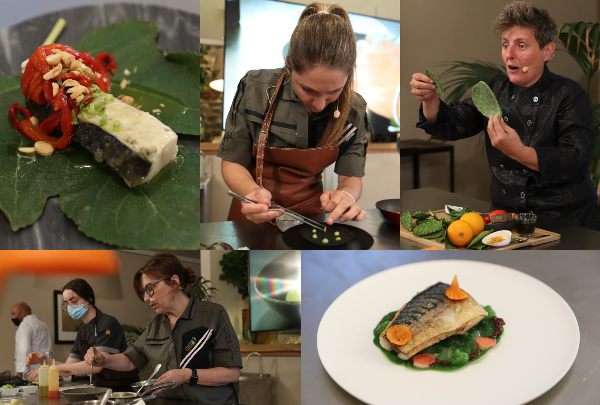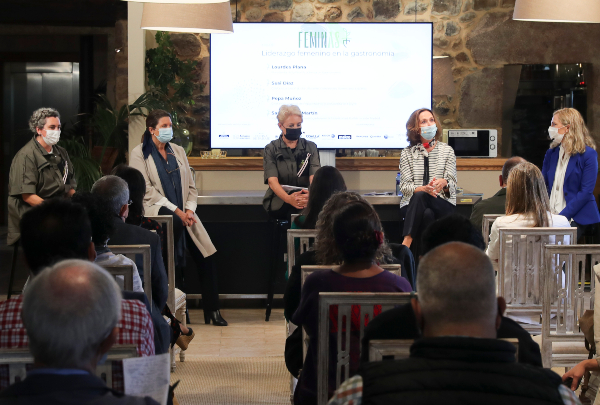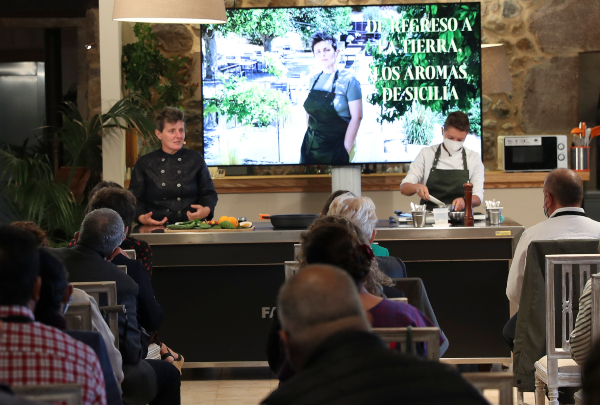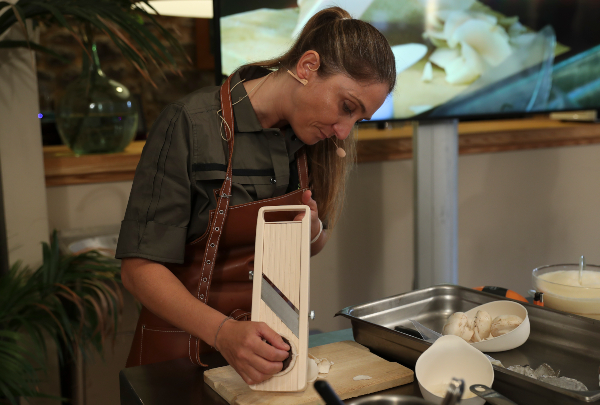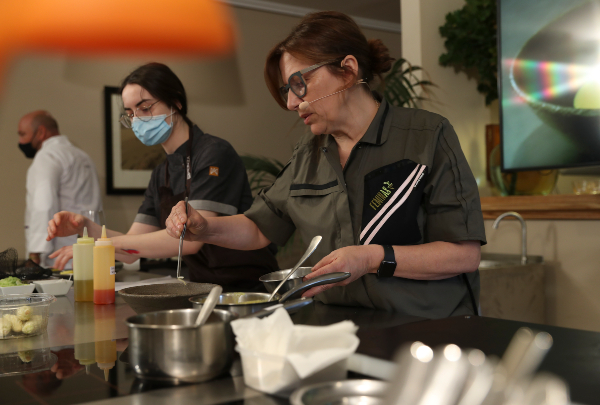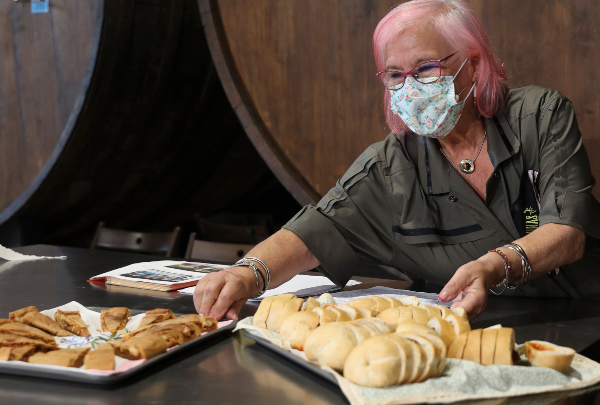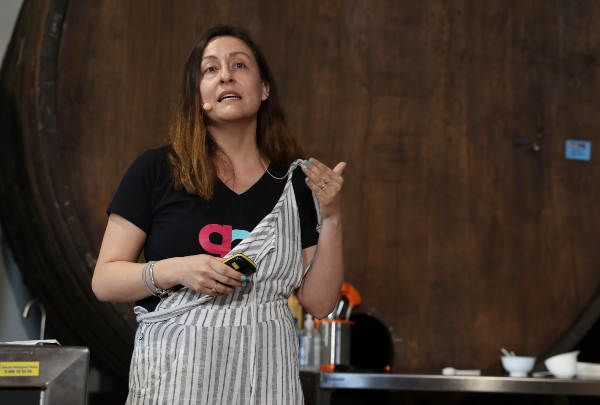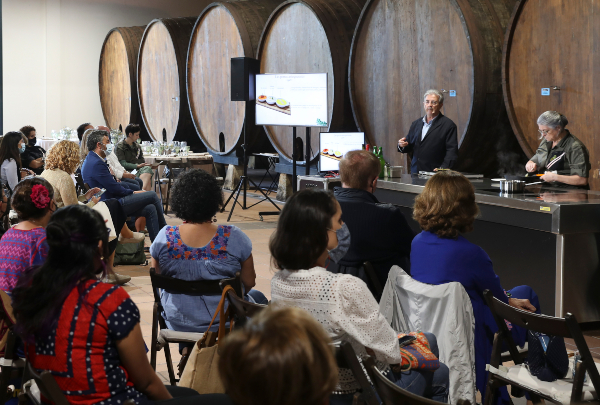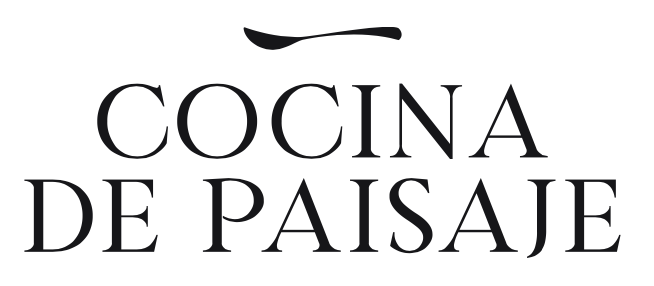News
“Women in the wine world are moving forward, we're a strong movement"
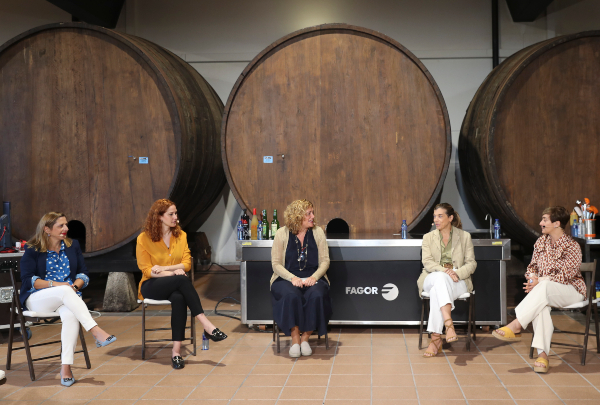
The world of wine has undergone a revolution in the last twenty years, a revolution of the visibilisation of women in the sector - though not their presence, because they have always been there. Winery owners and sommeliers discussed the reality of women in the wine industry on the second day of the FéminAs congress.
There are very few surveys on women in the world of wine, but some figures are available, such as the fact that 43% of the world's wine consumers are female, or that a quarter of sommeliers - also a global figure - are female, and even Spain's National Institute of Women sheds some light on female ownership of agricultural enterprises (including winemaking), around 30%. Few data, but they all point to a trend confirmed by participants at the round table "The conquest of wine" during the second day of the FéminAs congress.
“Women in the wine world are moving forward, we're a strong movement", said Silvia García, Head Sommelier at Hotel Mandarin Oriental Ritz (Madrid, Spain), adding that "the wine world has no gender". The Segovia sommelier, however, pointed out that "talent is nothing to do with sex, and everything to do with opportunities". In this regard, her round table companion Beatriz Pérez García, founder and partner at Bodega VidAs (Cangas del Narcea, Asturias), homed in on the fact that women are still underrepresented in posts of responsibility in the sector, "which are mostly filled by men, although really there are many women working in the wings". A lack of recognition which, the winery owner went on to say, emerges in day-to-day business when "at a trade fair or on the initial contact they always address the male alongside you, even though it's you that runs the winery". And, as Coalla's sommelier María Jenny Riesgo pointed out, the roles of men and women are still very much in force, reminding the congress that "it was not so long ago that women were finally allowed to tread grapes". The cultural factor is also involved in one of the aspects that can affect the professional careers of women in the sector most: the work/family balance. “When children arrive, the careers of many women come to an end because this balance is still a complicated issue". Riesgo explained this from a personal point of view because she left the hospitality sector, much more demanding in terms of working hours and dedication, to become a sales sommelier. They all agreed, however, that we are on the right path, echoing the words of Silvia García, because: “being a woman doesn't mean you have more impediments than a man for personal development and a work/family balance".
New references
The change has come in phases, but winery owner and chairman of the Círculo Fortuny association Xandra Falcó remarked that "in the last 20 years women have taken certain areas by storm, as sommeliers and winery managers, whereas previously they were limited to working in the fields, selecting grapes, or sales”. And some of this greater female presence, according to sommelier Silvia García, is due to the emergence of references for the new generations: “it used to be there were no women to look up to, and when women come to the fore is when girls realise that it's normal and possible for them to be sommeliers too”.
Falcó added that another driver of change was the opening of the world of wine, which at one point "we made so sophisticated and complex that we drove many people away, because historically it was only men who knew about wine, but now women are learning too”. There is still a considerable path to be trodden, however, because, as Silvia García remarked, “it's still very rare for a woman to order the wine”. A trend which may be emerging little by little, but is demonstrating that women are a force to be reckoned with in all areas of the sector, as consumers, experts, producers and sommeliers.

